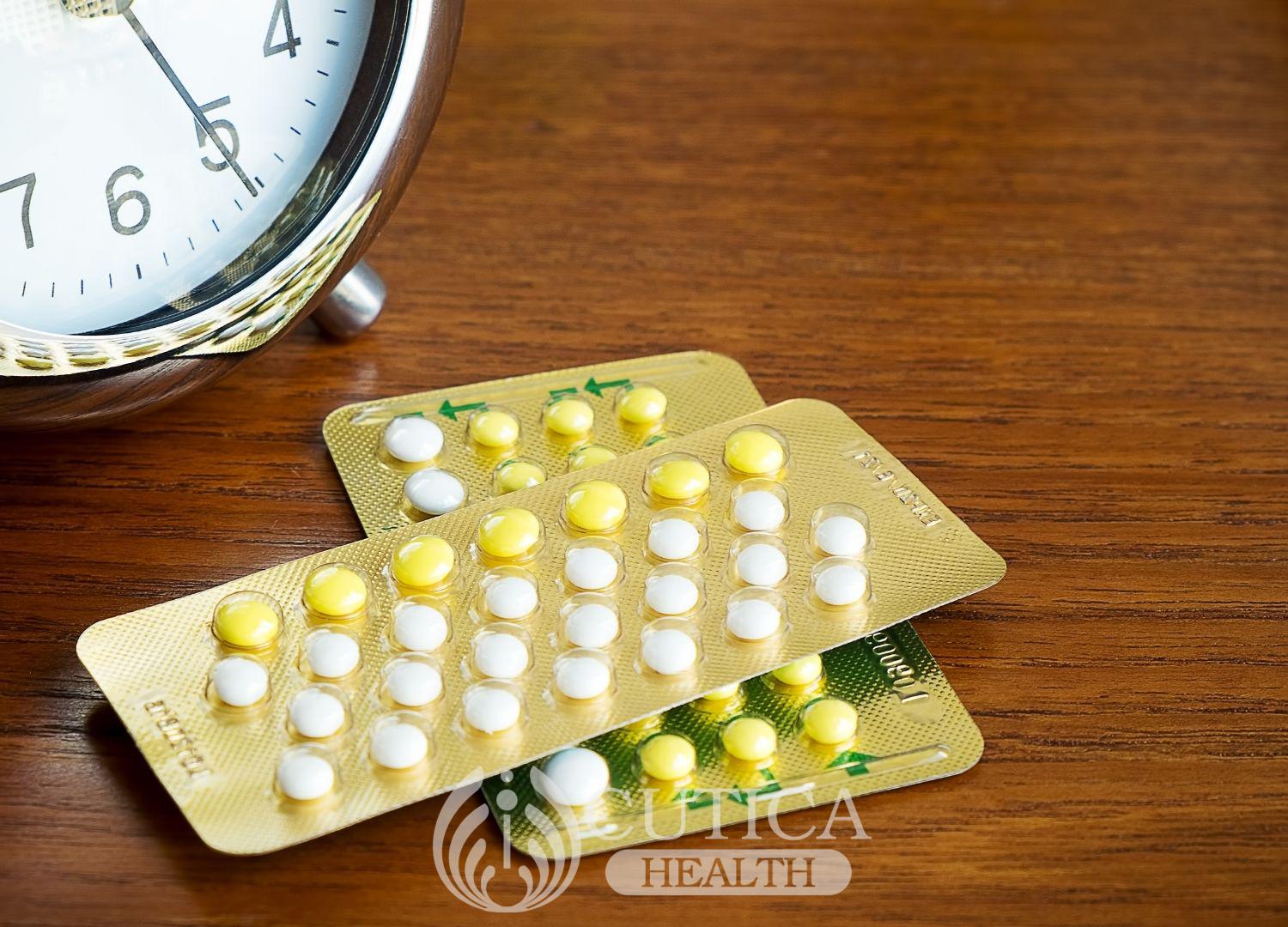
Endometriosis is a medical condition that occurs when the cells lining the uterus begin to grow into other parts of the pelvis such as on the cervix, the outer wall of the uterus, and in the ovaries. Endometrial cells may even be found on the peritoneum, the inner lining of the abdomen.

Endometriosis is a chronic condition that causes pain (during ovulation, periods, sex, and bowel movements), irregular bleeding, bloating, vaginal discomfort, and mood changes.
Endometriosis does not just affect your physical health; it can disturb your emotional health as well. Even before a diagnosis, you might already be experiencing a roller-coaster of emotions from uncertainty to anxiety to deep sadness.
Here are 4 ways in which endometriosis can affect your emotions:
Depression
Depression is a psychological disorder characterized by intense, continuous feelings of sadness, feelings of hopelessness, and a loss of pleasure in formerly enjoyable activities. Endometriosis can bring on depression for many reasons. First, having to deal with the chronic pain that this condition brings can be very tiring. Plus, the uncertainty of ever being treated properly or getting a right diagnosis, a lack of support and understanding, and wondering if your fertility is going to be affected.
Development of low self-esteem

Our self-esteem is often tied to the way we feel and think about our bodies, and endometriosis brings about symptoms that can make you feel ugly and negative about your body. Women with endometriosis often deal with bloating, fatigue, bowel and bladder problems, and pain during sexual intercourse. Many times, they lose confidence in their bodies and believe that nobody can find them attractive or that the bloating will distort their bodies badly. Consequently, they feel low and insecure.
Reduced quality of life
Many women who have endometriosis are often diagnosed late. It can take between 4-10 years to get a correct diagnosis for endometriosis. A large percentage of women are diagnosed in their late 20s and 30s as a result. Living with the pain caused by endometriosis for a long period of time has been linked to reduced quality of life affecting schooling, work, and sexual relationships.
Anxiety and stress

Women who have been diagnosed with endometriosis have stated that they became very anxious and stressed as a result. Endometriosis brings a lot of worrying; if you are ever going to have kids, if the treatment will be successful, if the symptoms will suddenly spring up, or even if you will ever know what’s wrong with you. Worrying constant will put you under severe mental stress that will leave you feeling tired, overwhelmed and even dealing with physical symptoms like headaches.
If you are beginning to experience any of these symptoms as a result of a diagnosis of endometriosis, seek help immediately, and get in contact with a licensed mental health professional to help you get through this phase.
Conclusion

Endometriosis is a condition that unfortunately, goes undiagnosed in many women. Doctors may believe you are seeking attention or dealing with other worries and thus you may go undiagnosed or be wrongly diagnosed for a long time. But don’t give up, start by seeing a gynaecologist (a doctor who specializes in women’s reproductive health), speak up about your pain and suggest endometriosis to your doctor if it hasn’t been discussed yet.
Fortunately, endometriosis goes away with menopause in most women, but in the meantime, ask your doctor for tips on how to reduce the frequency of your menstrual cycle as this may help to reduce your symptoms.












